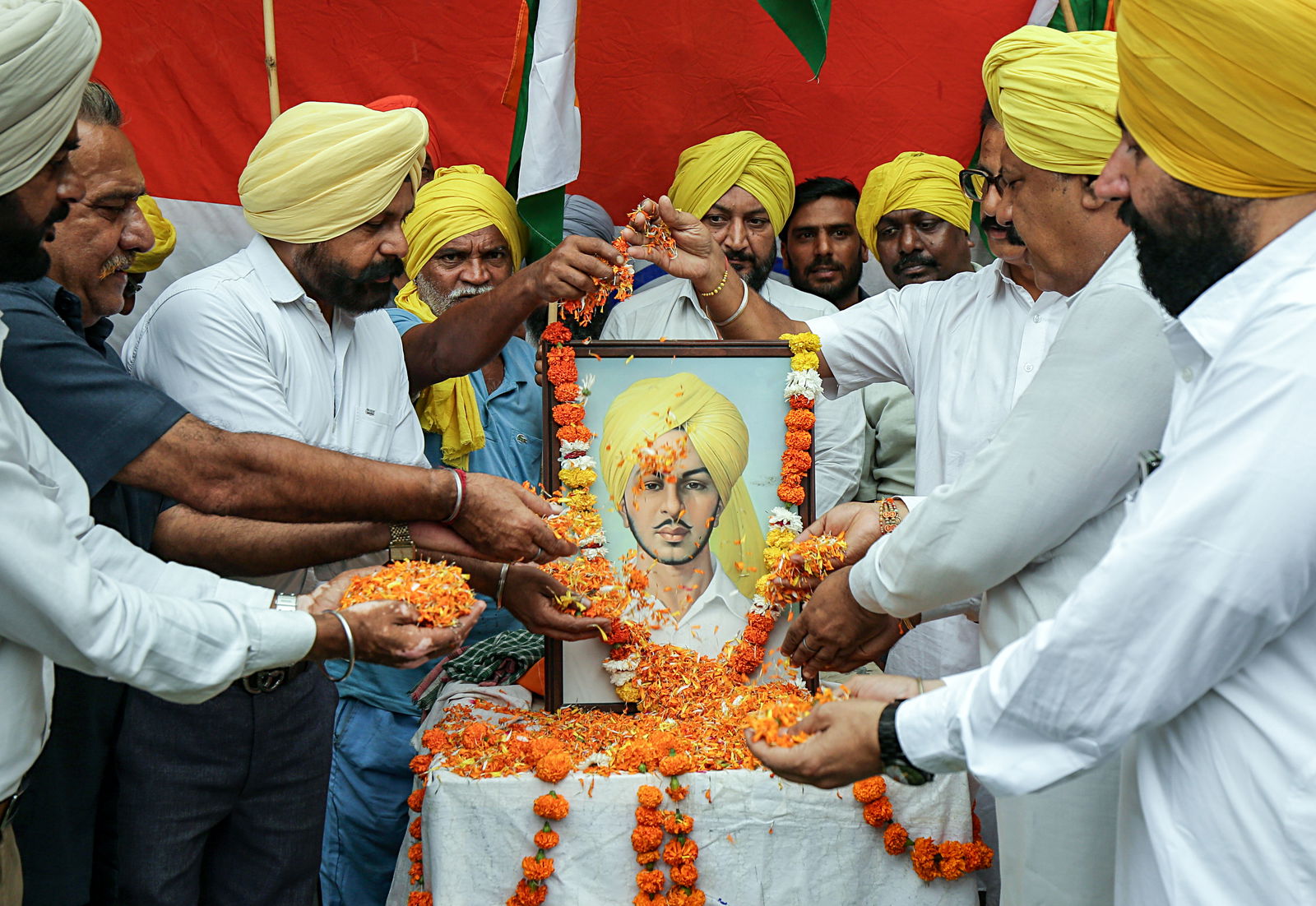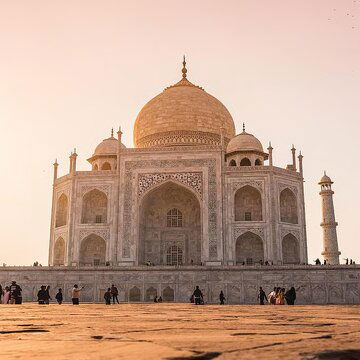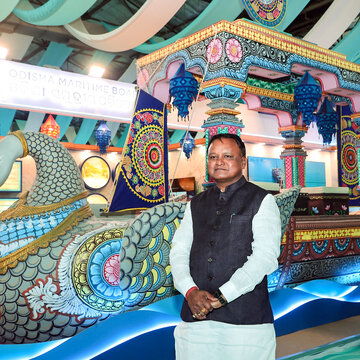Bhagat Singh was one of India’s greatest revolutionaries. Wrote a final petition to the Government of Punjab. Bhagat Singh asked that he should be executed by the firing squad rather than by hanging. This request was not merely about the form of death punishment, but it was an attempt to let the world know about his identity as a prisoner of war in India’s struggle against British Imperialism, not a criminal.
The letter and its striking demand
In the days leading up to his execution in March 1931, Bhagat Singh, along with Sukhdev and Rajguru, wrote a letter to the Punjab Governor. The plea in the letter was very simple but bold. The three revolutionaries were against the hanging death penalty preserved for criminals; they wished to be shot by a military executioner. “According to the verdict of your court, we had waged war, and we are therefore war prisoners. And we claim to be treated as such, that is, we claim to be shot dead instead of being hanged,” the letter said. Singh’s plan was clear. He did not wish for any sort of ifs and buts. He demanded the honour that was attached to being understood and remembered as the harshest critic of the imperialists in a legitimate political struggle.
Symbolism behind the request
Bhagat Singh looked at himself and his comrades not as mere outlaws but as soldiers fighting for India’s freedom. He demanded the treatment of military prisoners rather than convicts, which speaks of the revolutionary spirit and ensures that his actions were part of a war for his motherland. The British refused this last request. Singh’s radical plea will stay as a powerful testament to his courage and commitment towards his ideology.
Enduring legacy
Bhagat Singh’s principled stand in death further put his name into the pages of Indian history. His plea for a soldier’s death stands symbolic of dignity, conviction, and continuous resistance against colonial injustice.
Bhagat Singh’s final request was put down. His plea demanding the honours of a prisoner of war stands as a great pillar of his revolutionary legacy for every future generation.











